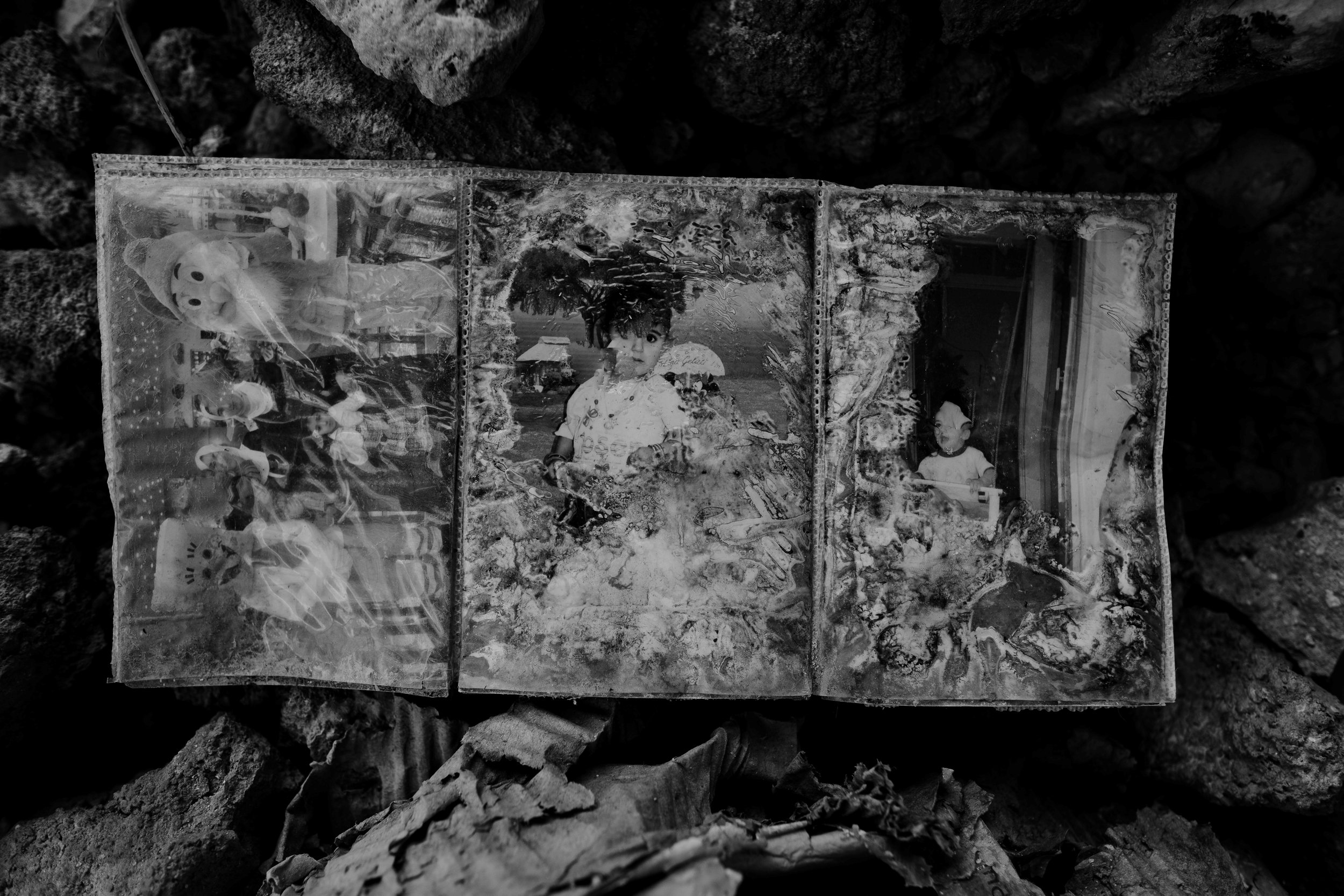
Children are born during times of war all over the world. Some are born from love relationships, and some from war violence. Some have good lives, and some have difficult ones. Common to all, however, is that they have largely been overlooked as a group, both by policymakers and researchers. EuroWARCHILD aims to change that.
About
What?
EuroWARCHILD is an interdisciplinary research project. It aims to study the experiences and needs of three generations of children born of war in Europe: children fathered by enemy soldiers during World War II, children conceived through conflict-related sexual violence during the Bosnian war, and children born of European foreign fighters to ISIS/Daesh. On the basis of the research findings, EuroWARCHILD will increase attention to children born of war in Europe and beyond. The project runs from 2021-2026.
How?
EuroWARCHILD combines life history interviews with children born of war and text analyses to investigate how a war child becomes a security concern, and what it entails for the child who does. This project is the first to comprehensively examine different groups of war children in the European context; across different conflicts, security settings and generations.
Why?
It is important to learn from the past to avoid repeating historical mistakes. After World War II, children conceived by enemy soldiers experienced shaming, harassment and isolation. The children conceived through sexual violence during the Bosnian war of 1992-1995, were rejected and adopted, or remained with their mothers under difficult circumstances. What will happen to children born of wars today remains unknown. Therefore we must learn from older children about their experiences and achievements.
How you can get involved
Stay updated on our publications and outreach activities through our website. Or contact us - if you are a child born of war from the European context, fellow researcher, policy maker or otherwise interested in the topic.
Funding
This project is funded by the European Union's Horizon 2020 research and innovation programme under grant agreement No 101002172 (ERC Consolidator Grant 2020).
Institutions & Partners
This Project is located at the Center for Gender Research at the University of Oslo, Norway. The Peace Research Institute Oslo (PRIO) is a partner of the Project. The Project is financed by the European Research Council (ERC).
Who are children born of war?
The term ‘children born of war’ refers to children born to civilians and enemy soldiers during and after armed conflict. Most often, their mothers are local, civilian mothers and their fathers directly involved in the conflict as foreign soldiers, members of paramilitary groups, or peacekeeping troops. Children born of war can be conceived both in conflict-related sexual violence (CRSV) and consensual relationships, including love relationships. Children are born of war in almost every armed conflict and have existed throughout history.
Children born of war often face unique challenges, such as legal exclusion from birth registration, which can negatively impact their access to education, health care and inheritance. They also often experience social isolation and stigmatization due to the circumstances of their birth and their perceived association with enemy soldiers or fighters. This can have negative effects on the child’s psychological wellbeing and sense of belonging. Children born of war and their mothers also often experience economic hardships leading to a lack of opportunities for the children growing up. These challenges can have life-long consequences for the concerned children.
The hardships children born of war experience can vary depending on the political, religious, cultural, geographical and conflict setting they grow up in. This requires careful understanding and attention to their experiences and needs which EuroWARCHILD aims to get a better understanding of by studying multiple different historical, cultural and geographical contexts.

“The title of my file was ‘war damage’. I was treated (by the government) the same as if my mother had lost a cow or a car.”
-Winfried Behlau,
Advocate and Co-Founder of Distelblüten, a network of German-Soviet children born of war
at the launch of the EuroWARCHILD Project


